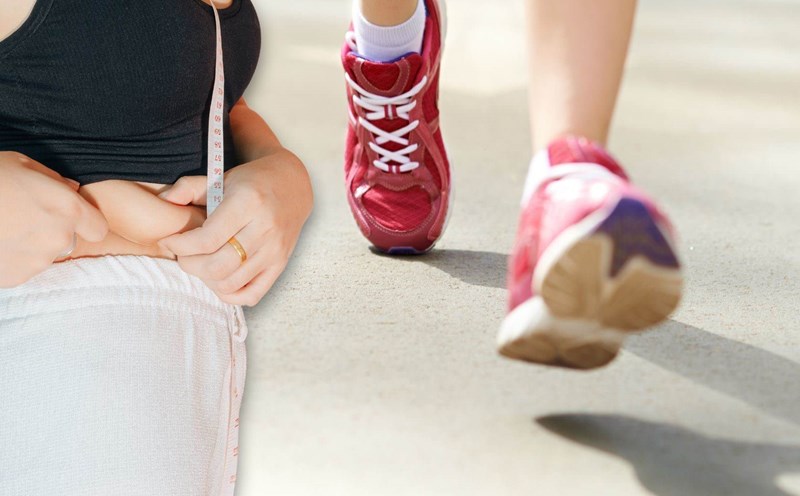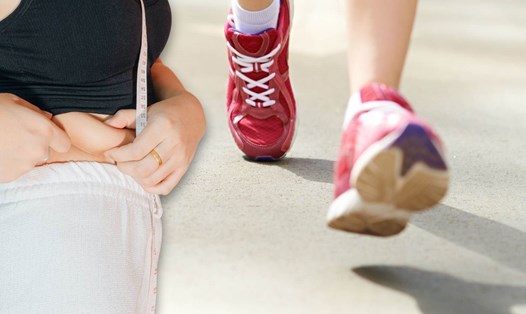When winter comes, the low temperatures often make many people reluctant to go out to exercise. However, maintaining physical activity in the cold season, especially brisk walking, will bring many benefits to both physical and mental health.
Some of the good benefits shown if people maintain brisk walking include: Improved mood - physical activity in cold weather will stimulate the body to release endorphins - hormones that help improve mood and reduce stress;
Boost your immune system - regular exercise, including brisk walking, will help boost your immune system, helping your body fight off common colds and flus during the cold season.
Burn calories effectively – when exercising in winter, the body needs to consume more energy to maintain temperature, so walking quickly can also help burn more calories;
Improve cardiovascular health - brisk walking is one of the gentle aerobic exercises that helps improve blood circulation and strengthen cardiovascular health;
Reduce the risk of seasonal affective disorder - exposure to natural light and outdoor activities in winter can reduce the risk of seasonal affective disorder, helping to maintain a positive spirit.
However, practitioners also need to prepare carefully before exercising outdoors in cold winter with the following steps:
Warm up thoroughly - warm up gently to warm up your body and reduce the risk of injury. Warm up time in winter should be longer than usual, from 10 to 20 minutes.
Choose suitable sportswear with many layers to keep the body warm, as well as the ability to absorb sweat inside, the middle layer to keep heat and the outer layer to be windproof, waterproof, especially need to keep the head and hands warm with hats and gloves.
Also, choose shoes with good grip to reduce the risk of slipping on wet surfaces. If possible, use shoes specifically designed for winter, with durable soles and good slip resistance.
Some things to keep in mind when exercising in winter are to avoid exercising in extreme weather conditions, such as strong winds or extremely low temperatures. Check the weather forecast before going out and choose areas with flat terrain to exercise.
At the same time, it is also necessary to supplement enough water before, during and after exercise to maintain water balance in the body.
If you feel too cold, tired or have signs of hypothermia, stop the activity and find a warm place to rest. Listening to your body also helps ensure safety and effectiveness during exercise.









